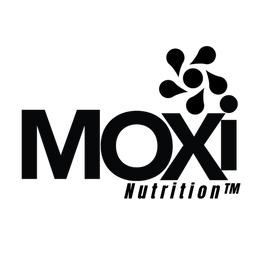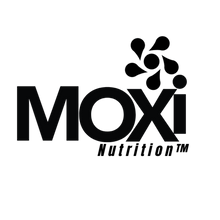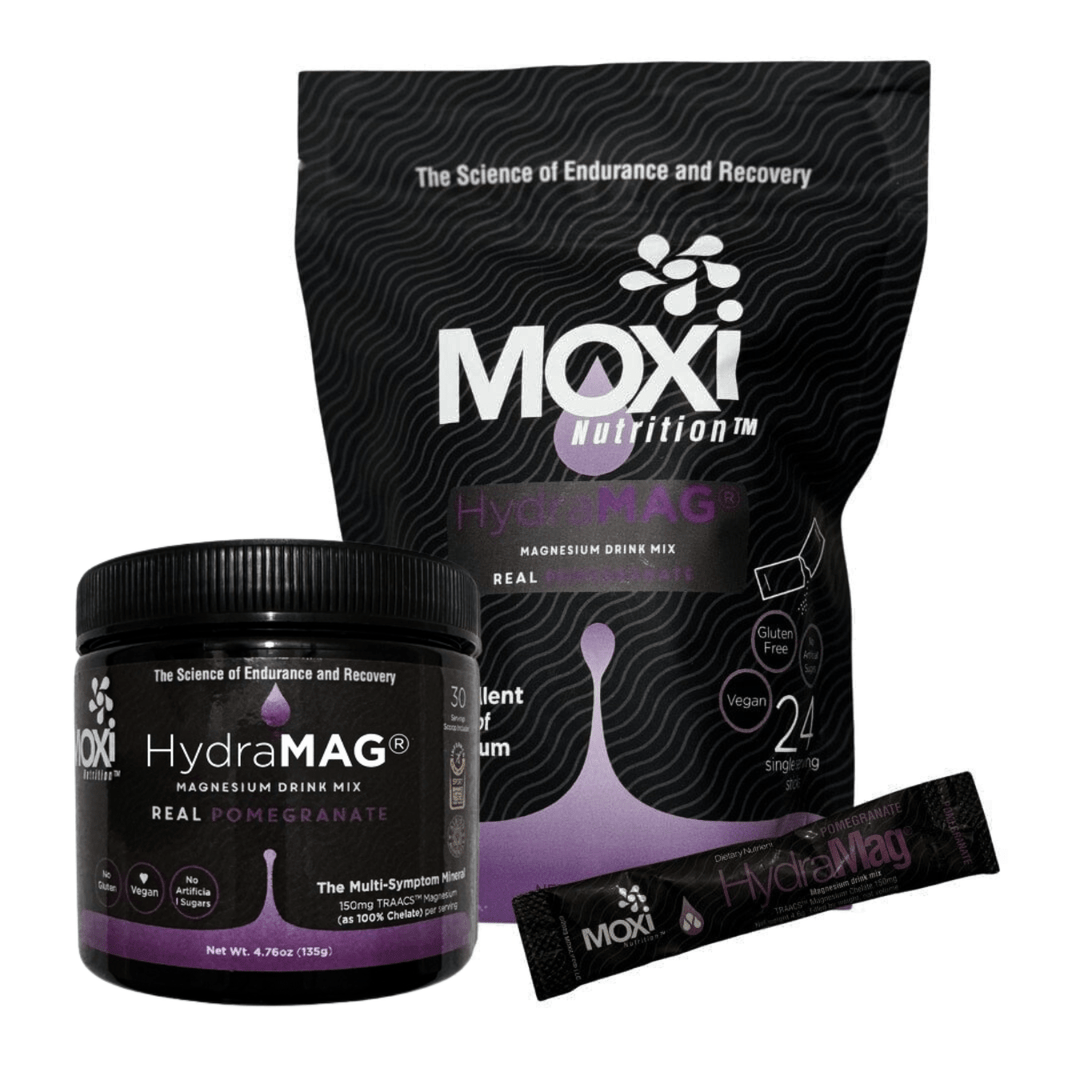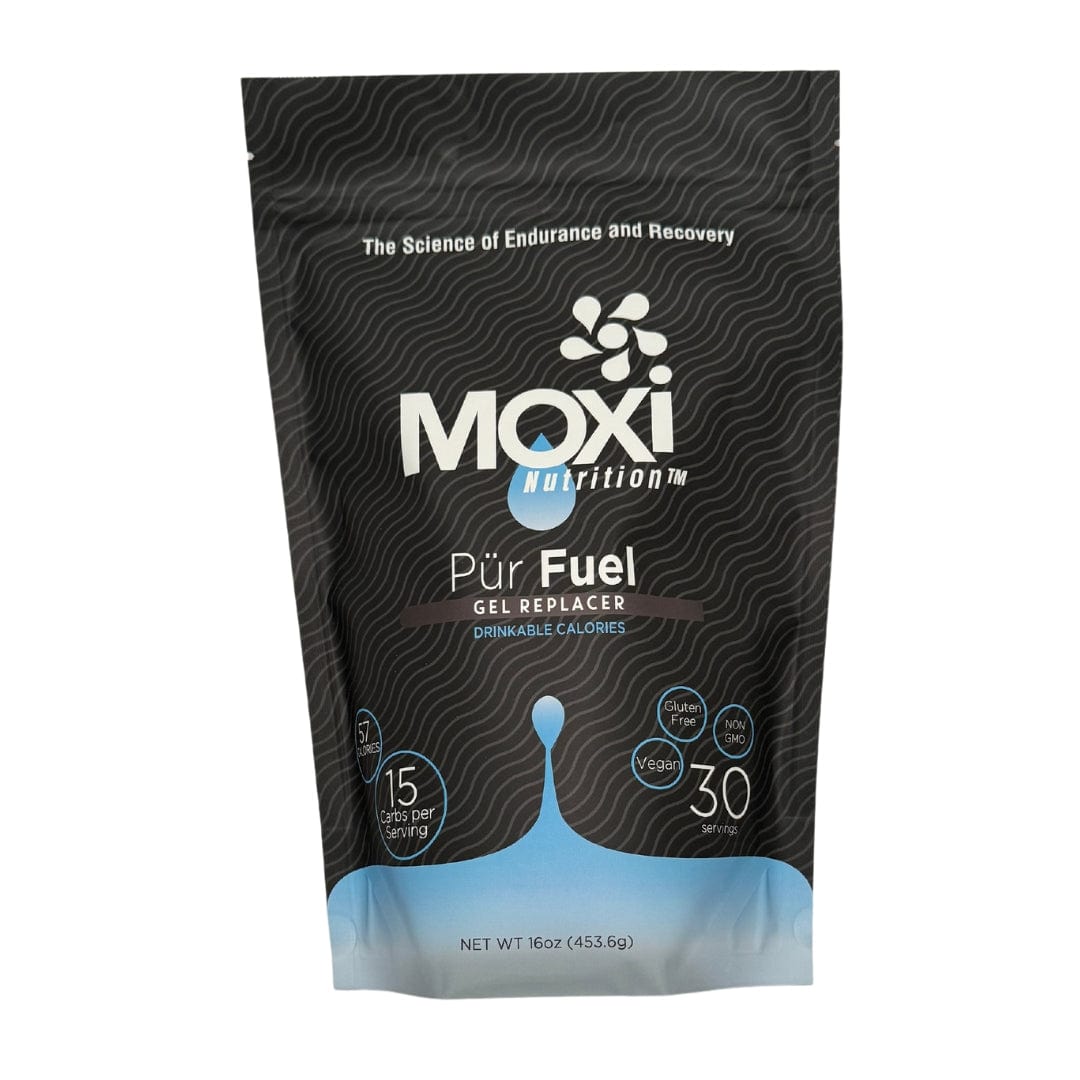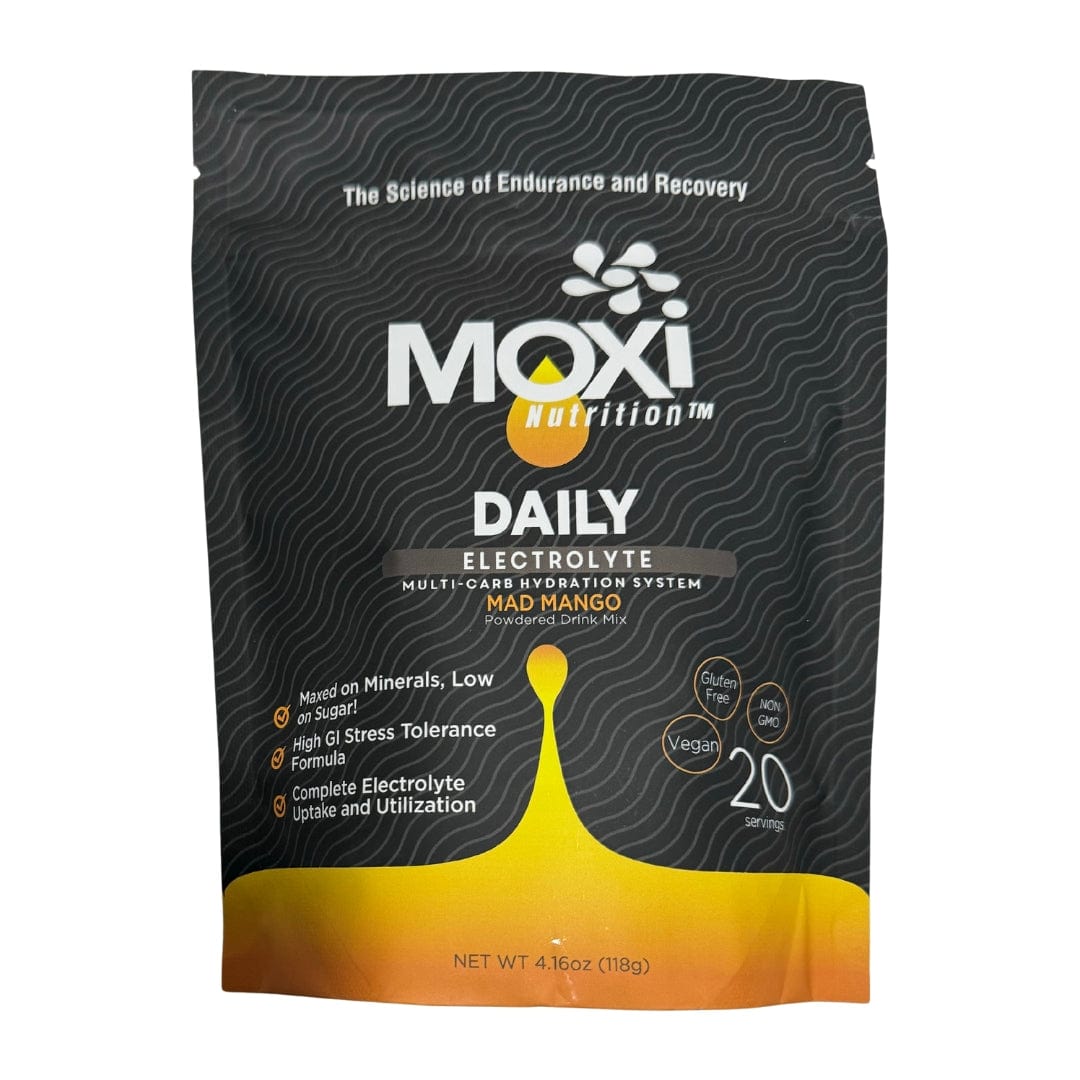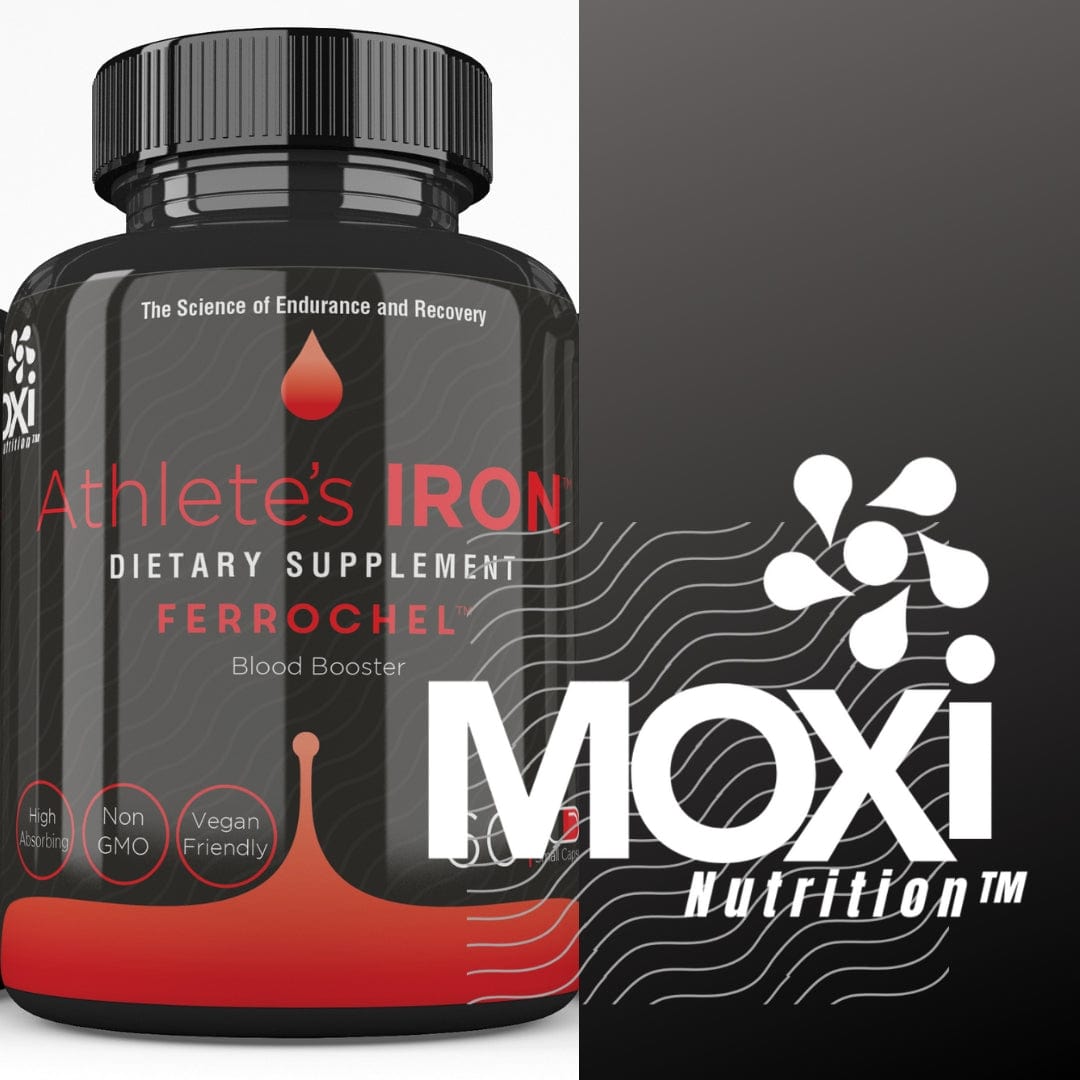Why are Micronutrients Important for Endurance Athletes Performance?
Micronutrients are one of the major groups of nutrients your body needs. They include vitamins and minerals.
Vitamins are necessary for energy production, immune function, blood clotting and other functions. Meanwhile, minerals play an important role in growth, bone health, fluid balance, energy conduction and several other chemical processes.
All micronutrients are critical to metabolism, as they play essential roles in the breakdown, synthesis, and utilization of macronutrients, as well as energy production. However, there are some micronutrients that are particularly important for metabolism, including:
-
B vitamins: B vitamins, including thiamine, riboflavin, niacin, vitamin B6, folate, and vitamin B12, are essential for energy metabolism. They are involved in the breakdown of carbohydrates, fats, and proteins and the synthesis of ATP, the main energy currency in the body.
-
Iron: Iron is an essential component of hemoglobin, the protein that carries oxygen in the blood. It is also involved in energy metabolism, as it is required for the electron transport chain, which generates ATP.
-
Magnesium: Magnesium is required for the activation of enzymes involved in energy metabolism, including those that break down glucose and synthesize ATP.
-
Zinc: Zinc is involved in the metabolism of carbohydrates, fats, and proteins, as well as in the synthesis of DNA and RNA.
-
Copper: Copper is required for the electron transport chain, which generates ATP, and is also involved in the metabolism of iron and the synthesis of collagen.
-
Selenium: Selenium is required for the synthesis of selenoproteins, which have antioxidant properties and are involved in thyroid hormone metabolism.
-
Vitamin D: Vitamin D is involved in the metabolism of calcium and phosphorus, which are important for bone health, as well as in the regulation of insulin secretion and glucose metabolism.
In summary, B vitamins, iron, magnesium, zinc, copper, selenium, and vitamin D are some of the most critical micronutrients for metabolism. A deficiency in any of these micronutrients can lead to impaired energy metabolism and a range of health problems.
Why are micronutrients important for athletes?
Micronutrients play an important role in energy production, hemoglobin synthesis, maintenance of bone health, adequate immune function, and protection of body against oxidative damage. They assist with synthesis and repair of muscle tissue during recovery from exercise and injury.
Jan Frodeno is a prime example of taking a strong and in-depth look at his micronutrient levels and positively enhancing his performance and recovery. When an athlete has less than optimal nutrient intake, refining and substantially elevating dietary micronutrient levels can have significant performance outcomes.
Athletes whom find themselves injury prone, breaking bones, or continuously battling stress fractures and metabolic issues are prime candidates for dietary interventions.
Since athletes have high rates of energy metabolism and need their bodies to function at intense levels, they tend to have higher micronutrient needs than non-athletes.
Vitamins and minerals also are required in numerous reactions involved with exercise and physical activity, including energy, carbohydrate, fat and protein metabolism, oxygen transfer and delivery, and tissue repair.
Five Critical micronutrients—vitamin B6, vitamin C, vitamin E, magnesium, and zinc Vitamin B6
Vitamin B6 is important for normal brain development and for keeping the nervous system and immune system healthy.
Vitamin B6 helps maintain a normal amount of this amino acid in your blood. A stronger immune system. Vitamin B6 helps chemical reactions in the immune system, helping it work better. Eating foods rich in vitamin B6 will help your body guard against infection.
Here are 9 signs and symptoms of vitamin B6 deficiency.
- Skin Rashes. Share on Pinterest. ...
- Cracked and Sore Lips. ...
- Sore, Glossy Tongue. ...
- Mood Changes. ...
- Weakened Immune Function. ...
- Tiredness and Low Energy. ...
- Tingling and Pain in Hands and Feet. ...
- Seizures.
Vitamin B6 Rich Foods
Vitamin B6 is found in a variety of animal and plant foods.
- Beef liver.
- Tuna.
- Salmon.
- Fortified cereals.
- Chickpeas.
- Poultry.
- Some vegetables and fruits, especially dark leafy greens, bananas, papayas, oranges, and cantaloupe
Vitamin C
Vitamin C is required for the biosynthesis of collagen, L-carnitine, and certain neurotransmitters; vitamin C is also involved in protein metabolism
Antioxidants like vitamin C play an important role in slowing down processes that cause cell damage in the body. One example is inflammation caused by training. For this reason, vitamin C can be beneficial in assisting with sports recovery and also supporting return from injury
Here are the 15 most common signs and symptoms of vitamin C deficiency.
- Rough, Bumpy Skin. ...
- Corkscrew-Shaped Body Hair. ...
- Bright Red Hair Follicles. ...
- Spoon-Shaped Fingernails With Red Spots or Lines. ...
- Dry, Damaged Skin. ...
- Easy Bruising. ...
- Slowly Healing Wounds. ...
- Painful, Swollen Joints.
Foods rich in Vitamin C
- Kakadu Plums. Share on Pinterest. ...
- Acerola Cherries. Just one-half cup (49 grams) of red acerola cherries (Malpighia emarginata) delivers 822 mg of vitamin C, or 913% of the DV (6). ...
- Rose Hips. ...
- Chili Peppers. ...
- Guavas. ...
- Sweet Yellow Peppers. ...
- Blackcurrants. ...
Vitamin E is a fat-soluble antioxidant that stops the production of ROS formed when fat undergoes oxidation.
The body needs vitamin E to function, making it an essential vitamin. It is fat-soluble, meaning that it requires fat from the diet to be properly absorbed. Vitamin E is mainly stored in the liver before being released into the blood stream for use.
Vitamin E is important to athletes because it is an antioxidant and may help to prevent some of the oxidative damage that may occur from exercise.
Vitamin E is a nutrient that's important to vision, reproduction, and the health of your blood, brain and skin. Vitamin E also has antioxidant properties.
How do you know you might be Vitamin E deficient?
Vitamin E deficiency may cause impaired reflexes and coordination, difficulty walking, and weak muscles.
The body needs vitamin E to function, making it an essential vitamin. It is fat-soluble, meaning that it requires fat from the diet to be properly absorbed. Vitamin E is mainly stored in the liver before being released into the blood stream for use.
Vitamin E can be found in the following foods:
- Wheat germ oil.
- Sunflower, safflower, and soybean oil.
- Sunflower seeds.
- Almonds.
- Peanuts, peanut butter.
- Beet greens, collard greens, spinach.
- Pumpkin.
- Red bell pepper.
Magnesium
Magnesium participates in more than 600 enzyme systems that regulate diverse biochemical reactions in the body, including protein synthesis, Sodium Potassium pump, muscle and nerve function, blood glucose control, and blood pressure regulation [1-3].
Oral magnesium acts as a natural calcium channel blocker, increases nitric oxide, improves endothelial dysfunction, and induces direct and indirect vasodilation.
The combination of increased intake of magnesium and potassium coupled with reduced sodium intake is more effective in reducing BP than single mineral intake and is often as effective as one antihypertensive drug in treating hypertension.
Magnesium is required for energy production, oxidative phosphorylation, and glycolysis.
What symptoms display Magnesium Deficiency?
A deficiency in magnesium can result in muscle and nerve twitches, spasms and cramping. Heavy exercisers often experience a build up of lactic acid, shin splints and sore, painful muscles during and after exercise.Common signs of magnesium deficiency include muscle twitches, tremors, and cramps. may cause lack of emotion, delirium, and possibly anxiety.
According to the Journal of Neural Transmission: Magnesium assists muscles to relax and offsets Calcium.
Cramping, stiff, or tight muscles can all be helped with adequate magnesium stores. Skeletal deterioration, stress fractures, osteoporosis and bone breaks.
Cardiovascular conditions to include high blood pressure, & atrial fibrillation may be the long term outcome of chronic Magnesium deficiency.
Chronological order of Magnesium deficiency event outcomes are:
1 muscle twitching, cramping
2 restless sleep, mental distress
3 stress fractures or shin splints
4 organ issues: heart thyroid brain
Top food sources of magnesium include unrefined whole grains e.g whole grain cereals, green leafy vegetables (e.g spinach), dark chocolate, nuts and seeds (especially pumpkin seeds, sunflower seeds, macadamia nuts), peas, beans and lentils and soy. Some fatty fish can also provide a reasonable amount of magnesium including salmon, mackerel and halibut.
- Pumpkin seed - kernels: Serving Size 1 oz, 168 mg
- Almonds, dry roasted: Serving Size 1 oz, 80 mg
- Spinach, boiled: Serving Size ½ cup, 78 mg
- Cashews, dry roasted: Serving Size 1 oz, 74 mg
- Pumpkin seeds in shell: Serving Size 1 oz, 74 mg
- Peanuts, oil roasted: Serving Size ¼ cup, 63 mg
- Cereal, shredded wheat: Serving Size 2 large biscuits, 61 mg
- Soymilk, plain or vanilla: Serving Size 1 cup, 61 mg
- Black beans, cooked: Serving Size ½ cup, 60 mg
- Edamame, shelled, cooked: Serving Size ½ cup, 50 mg
- Dark chocolate -60-69% cacoa: Serving Size 1 oz, 50 mg
- Peanut butter, smooth: Serving Size 2 tablespoons, 49 mg
- Bread, whole wheat: Serving Size 2 slices, 46 mg
- Avocado, cubed: Serving Size 1 cup, 44 mg
- Potato, baked with skin: Serving Size 3.5 oz, 43 mg
- Rice, brown, cooked: Serving Size ½ cup, 42 mg
- Yogurt, plain, low fat: Serving Size 8 oz, 42 mg
- Breakfast cereals fortified: Serving Size 10% fortification, 40 mg
- Oatmeal, instant: Serving Size 1 packet, 36 mg
- Kidney beans, canned: Serving Size ½ cup, 35 mg
- Banana: Serving Size 1 medium, 32 mg
- Cocoa powder– unsweetened: Serving Size 1 tablespoon, 27 mg
- Salmon, Atlantic, farmed: Serving Size 3 oz, 26 mg
- Milk: Serving Size 1 cup, 24–27 mg
- Halibut, cooked: Serving Size 3 oz, 24 mg
- Raisins: Serving Size ½ cup, 23 mg
- Chicken breast, roasted: Serving Size 3 oz, 22 mg
- Beef, ground, 90% lean: Serving Size 3 oz, 20 mg
- Broccoli, chopped & cooked: Serving Size ½ cup, 12 mg
- Rice, white, cooked: Serving Size ½ cup, 10 mg
- Apple: Serving Size 1 medium, 9 mg
- Carrot, raw: Serving Size 1 medium, 7 mg
* https://my.clevelandclinic.org/health/articles/15650-magnesium-rich-food
Zinc
Helps your immune system and metabolism function.Zinc is involved with wound healing and your sense of taste and smell.
Zinc is a trace mineral, meaning that the body only needs small amounts, and yet it is critically essential for almost 100 enzymes to carry out vital chemical reactions. It is a major player in the creation of DNA, growth of cells, building proteins, healing damaged tissue, and supporting a healthy immune system.
Athletes who have low levels of zinc are at risk for decreased bone mineral density, which can lead to bone fractures. Zinc is necessary to form collagen tissue, to unite bone fractures, to heal wounds, and to prevent osteoporosis.
iron, copper, and calcium supplements because they inhibit zinc absorption in your gut if the minerals mentioned are ionic. Chelated Minerals protect the minerals from one another and receptor site competition .
Zinc Deficiency Symptoms
In athletes, zinc deficiency can lead to anorexia, significant loss in bodyweight, latent fatigue with decreased endurance and a risk of osteoporosis.
Reductions in VO2 max, decreased apetite, can reduce muscular strength and endurance
Severe signs include hair loss, diarrhea, delayed sexual maturation, impotence, hypogonadism in males, and eye and skin lesions.
Where can I get more dietary Zinc?
Oysters contain more zinc per serving than any other food, but red meat and poultry provide the majority of zinc in the American diet
Vegetables high in zinc include shiitake mushrooms, green peas, spinach, lima beans, lentil sprouts, asparagus, beet greens, broccoli, okra, and sweet corn
Although some grains are viable dietary Zinc food sources, Phytates—which are present in whole-grain breads, cereals, legumes, and other foods—bind zinc and inhibit its absorption
The bottom line is Micronutrients are the drivers behind energy production and utilization. Athletes need to stay on top of their micronutrient levels by intercellular blood tests, eating nutrient dense foods and supplementation with chelated minerals and natural plant based vitamins.
